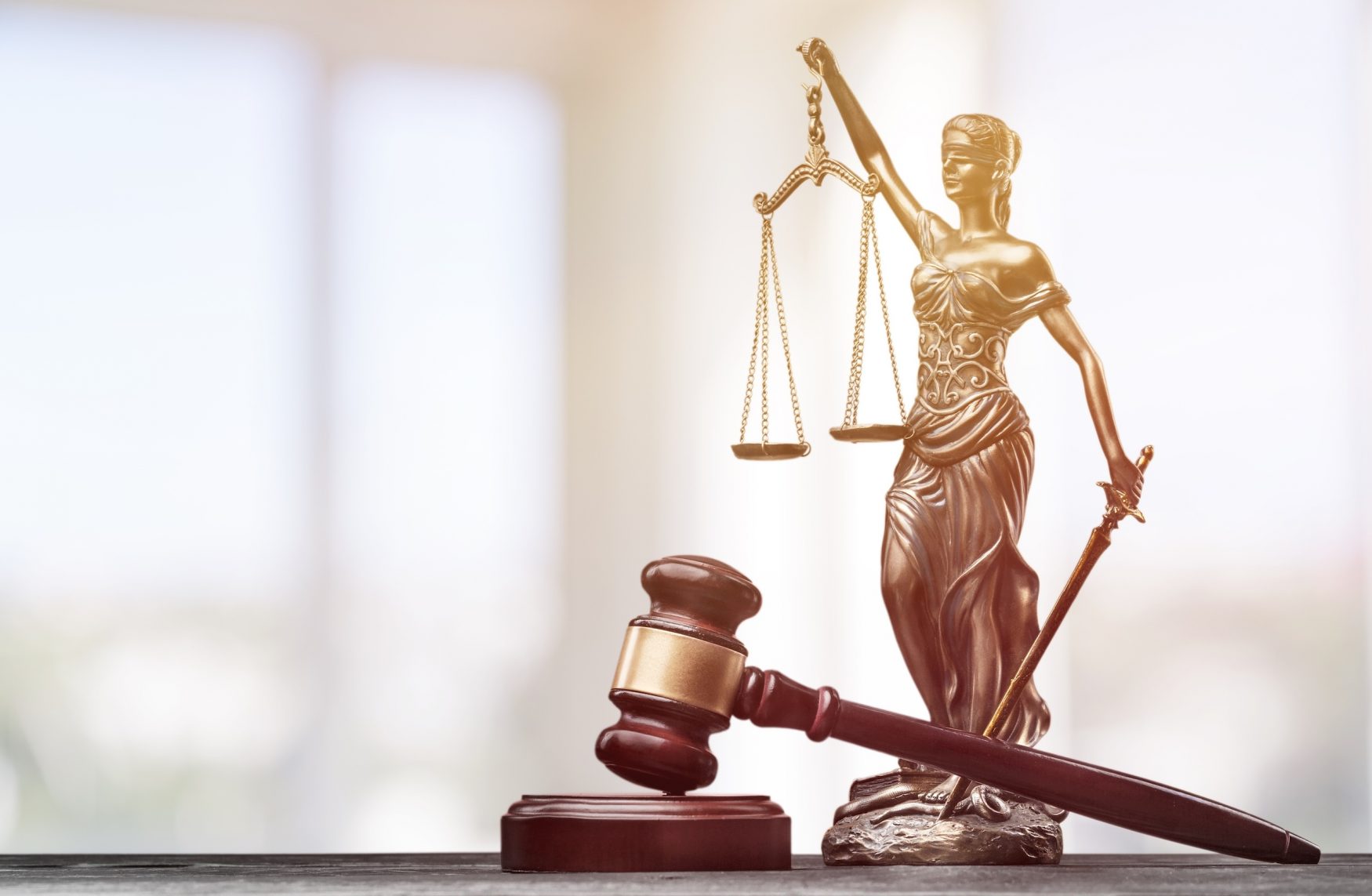
Keeping Habeas Corpus is Protecting Our Constitutional Rights
Keeping Habeas Corpus for U.S. Citizens is as Important as Preserving Our Bill of Rights.
In 2006, President George W. Bush signed the Military Commissions Act, which gave the government the power to prosecute detainees held at the U.S. naval installation at Guantanamo Bay, Cuba as enemy combatants.
It also denied the prisoners access to habeas corpus, the legal action that allows one to be released from unlawful imprisonment.
A writ of habeas corpus seeks to determine whether the party holding someone in custody has the legal authority to do so.
The detainees held at the Guantanamo Bay detention camp were alleged terrorists who had been apprehended in the war on terrorism.
But the denial of habeas corpus to the Guantanamo Bay detainees has nothing to do with keeping habeas corpus for U.S. citizens.
Since the detainees were not U.S. citizens, the point is moot.
As enemy combatants, there is no reason why they should be entitled to habeas corpus anyway.
The U.S. Constitution refers to the right of habeas corpus and stipulates the conditions under which it may be suspended:
“The privilege of the writ of habeas corpus shall not be suspended, unless when in cases of rebellion or invasion the public safety may require it.”
– United States Constitution, Article I, Section 9, paragraph 2.
By keeping habeas corpus, we protect ourselves from arbitrary actions of the government that would compromise our freedom.
But that doesn’t mean that habeas corpus should never be suspended.
President Lincoln saw fit to suspend habeas corpus during the Civil War, and he was not the only president in history to do so.
At times, presidents have taken this action to protect the lives of American citizens, and in some cases, the action has been an incorrect one.
Is Suspending Habeas Corpus Ever the Right Thing to Do?
Just because suspending habeas corpus is a serious matter does not mean it is a strategy that should never be used.
We trust our presidents to make the correct decisions in office. That is why we elect them.
The decision of keeping habeas corpus is an important one, but no less important than protecting our citizens from those determined to harm us.
The bloodthirsty terrorists that seek the destruction of our nation should not be entitled to the full rights afforded U.S. citizens, and certainly President Bush and his advisors believed he was justified in denying habeas corpus rights to the terrorist detainees.
Some believe that the detainees should be released to go back to their own countries, although there is overwhelming evidence that most of those who have been released have gone back and fought our troops on the battlefield or continued their terrorist activities in other ways.

 My First Amazing Ayahuasca Experience
My First Amazing Ayahuasca Experience  Pine Needle Tea
Pine Needle Tea  The REAL Controllers of Humanity: The Papal Bloodlines
The REAL Controllers of Humanity: The Papal Bloodlines  Is it Global Warming or Cooling?
Is it Global Warming or Cooling?  Gun Rights and Obama Examined
Gun Rights and Obama Examined